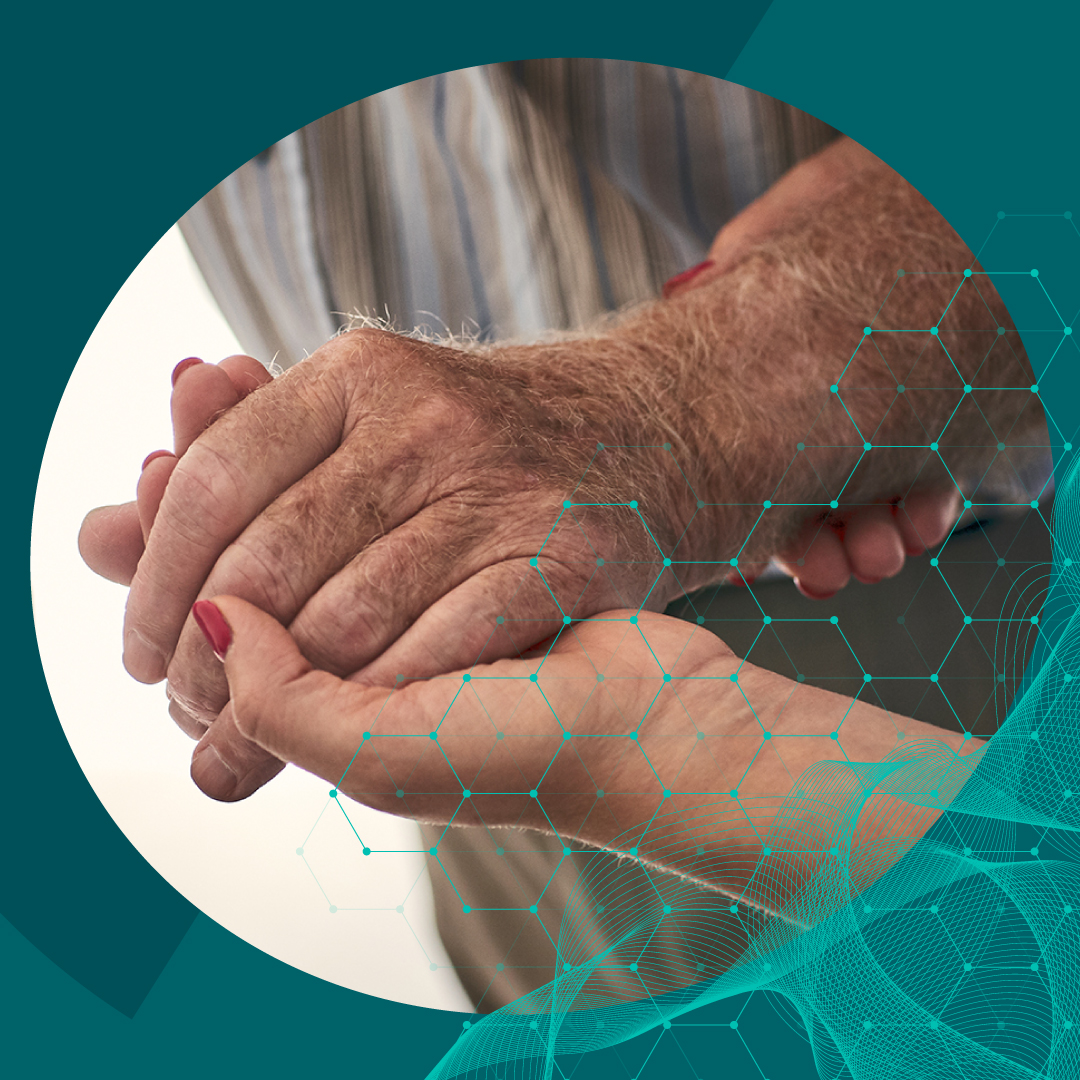Given that aged care and disability care services are experiencing a workforce crisis, AI could be an important tool in meeting the administrative demands of social care. The NDIS Framework for Artificial Intelligence-Enabled Assistive Technologies aims to promote the effective adoption and scaling of AI across the sector by bringing together government, health and care providers and tech companies. AI development is still in its infancy. For many, there is a huge cost towards implementing AI with the appropriate privacy and security protections. The Australian Alliance for AI in Healthcare states “Artificial Intelligence has benefits too big to ignore. Taking advantage of these benefits will however require a mature and co-ordinated national approach.”.
What AI is good for health and social care?
OpenAI and ChatGPT have reduced the entry barrier, but these tools are often not suitable for use in health and social care. They are based on using Large Language Models (LLMs) which are trained in a way where the output is simply a best guess at answering questions.
There are many other AI technologies that maybe better tools for social care and these would help with data analysis, personalised care plans, companionship and giving time back to caregivers. A successful implementation of AI technologies will always depend on harmony between traditional software, the service providers and caregivers, and emerging technologies.
Our recent acquisition, CareForIT, utilises sophisticated route optimisation tools for rota optimisation. CAREBooster optimises resources to maximise visit capacity when assigning carers to clients each day, which can be geared towards maintaining continuity, minimising travel time or minimising the time to complete a set of bookings.
AI’s own care role
The Australian Alliance for Artificial Intelligence in Healthcare offers possible reasons for health and social care’s AI adoption lag, stating that “While several frameworks and roadmaps have been developed for the AI sector, Australia is currently unprepared to manage the opportunities and risks of an AI-enabled health system. Therefore, its adoption needs to come with structural organisational changes and evolved working processes”.
Although AI can support challenges, traditional software will still dominate the sector. It’s exciting to see what can be achieved by applying AI to problems, such as improved rota routing, data analysis used to find new correlations, and enhancing day-to-day operations.
Abiding by privacy and regulation
Data privacy is crucial in such a vulnerable sector which is already under attack. Customer data should never be under threat, and organisations must ensure that they have a range of protocols in place to mitigate any unforeseen attacks. As a company, we are ISO 27001 certified and are NHS Data Security Protection Toolkit and Cyber Essentials Plus compliant. We are also regularly audited to ensure we are adherent to those standards.
AI has different costs and privacy concerns that require specific regulations to ensure ethical and safe implementation. The Australian Institute of Digital Health is working on a detailed roadmap to ‘coordinate and harmonise responsibilities and activities of those responsible for oversight of AI safety, effectiveness, and ethical and security risks’. The objective is for Australia’s digital health community to come together in designing and implementing artificial intelligence. One that supports digital health innovators and the wider care ecosystem in adopting and using new AI technologies.
More time for the human experience
Across Australia the healthcare sector is experiencing increasing pressures and stretched resources, there are many examples of the positive impact that AI is making on the sector with PWC reporting ‘Healthcare leaders must create a culture that supports AI, bringing the entire workforce along on the process of change. Yet they should also remember that technology best supports human capabilities, rather than replaces them, and that the human touch will remain integral to true healthcare’.
With the appropriate funding, expertise, support and regulation, technology can have a positive impact on the sector. By using AI, we can free up more time for the human experience in health and social care.



